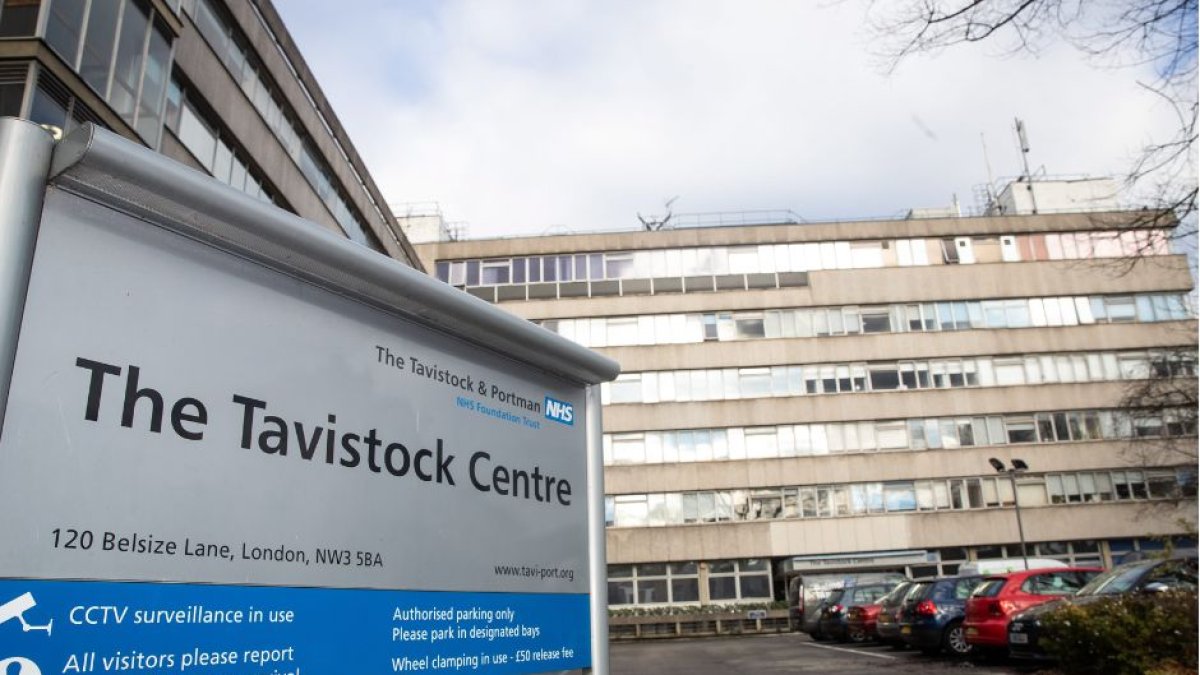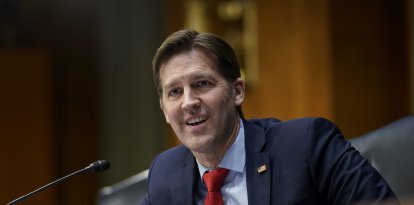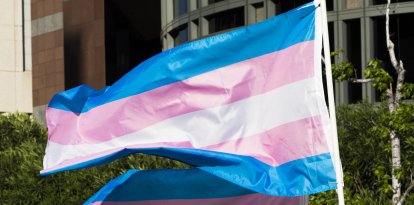Europe: more and more countries outlaw trans medical treatment for minors
After Finland, England and Sweden, Norway joins the list of European countries banning hormone-based gender affirmation therapies.

(Cordon Press)
European governments are rethinking their policies for trans youth. After avalanches of medical reports from specialized agencies, legislators put on the brakes and have banned children from accessing hormone treatments and puberty blockers. These methods, endorsed under the so-called Dutch Protocol, were until now the most common in Europe to treat gender dysphoria. The countries that now refuse are not the most conservative or strict on transgender medical care, in fact, quite the contrary. They were pioneers for transgender treatments in the past, and now they are doing a 180.
The latest of these was Norway, whose Medical Research Agency declared that the use of puberty blockers in minors could be extremely harmful. There is no scientific evidence that these treatments are positive for children.
"The knowledge base, especially research-based knowledge for gender-affirming treatment (hormonal and surgical), is poor and long-term effects are poorly understood," said the latest report from the Norwegian Medical Research Agency. According to the same institution, 75% of children diagnosed with gender dysphoria by a psychiatrist already had some mental illness or disorder in their history. Depending on the country, a diagnosis of dysphoria is often a legal condition for access to hormone treatments. But having pre-dysphoria disorders can lead to these treatments being counterproductive, according to experts like Finland's Riittakerttu Kaltiala.
Transitions and regrets
According to data from the Tavistock clinic in the United Kingdom, between 2009 and 2018 there was a 5,337% increase in the number of young girls referred to the gender treatment unit. About 80% of children with gender dysphoria overcome the diagnosis naturally after puberty, without the need for medical treatment. Half of minors undergoing medical transition ask to stop because it does not alleviate their gender dysphoria. With these data, one can understand why treatments are being brought into question in so many countries.
According to the data above, collected by the Spanish association AMANDA (Group of Mothers of Adolescents and Girls with Accelerated Dysphoria), the main problem of legally supporting these treatments lies in the very nature of children. Cases are even more serious when the legislation of the particular country allows minors to access hormone treatment without the authorization of their parents or legal guardians. The influence of the media and social networks also plays an important role.
It is not a path free of medical risk. In the case of gender reassignment from male to female, there are serious dangers for the patient of suffering from liver disease, thrombosis or arterial hypertension, in addition to all the psychological side effects. There is also a high probability of infertility. If the recommendations of the Norwegian Medical Research Agency are heeded, lawmakers could reverse these policies and take the same path as the United Kingdom, Sweden and Finland.
England:
The English National Health Service (NHS) announced in June that it will no longer continue to administer puberty blockers to minors as it had done in previous years. According to the NHS, there is insufficient evidence about the benefits and consequences of using these drugs in gender identity therapies.
In England, this decision was taken after the closure of the Tavistock Clinic, which in concert with the NHS provided psychiatric coverage to support transgender treatment for minors. The center was at the center of several controversies, especially after the story of Keira Bell, who at the age of 16 was treated with puberty blockers and years later revealed the terrible negative effects it had on her life.
Sweden:
Sweden became the first country in the world to legalize gender reassignment in 1972. In 2012, it went a step further, and a law came to Parliament to allow gender transitions at the age of 12 in addition to surgical transitions at the age of 15, all without the need for parental consent.
In 2022, the Swedish government decided to end coverage of these treatments in its public health system after the country's main medical agency published a report against the benefits of medical gender reassignment.
Finland:
This Nordic country also decided to roll back its legislation to put an end to hormone treatments for minors. Like many other countries, Finland adopted the Dutch protocol for puberty blockers, but as of 2015, its medical experts began advising against the use of these drugs.
At the beginning of 2023, Finland thus decided to change its transgender medical treatment law, which dated back to 2002, to extend legal coverage for many gender reassignment processes, but leaving out minors. Although trans activists called for lowering the minimum age for accessing hormone treatments to 15, the government intends to maintain this change. At the center of these changes was Dr. Riittakerttu Kaltiala, Finland's leading expert in trans pediatrics and head of one of the country's two centers specializing in these medical fields. Kaltiala has repeatedly asserted that the "transition or suicide" narrative being peddled by activists in favor of the inclusion of minors in hormone treatments is "intentional misinformation" and that "spreading it is irresponsible."

























